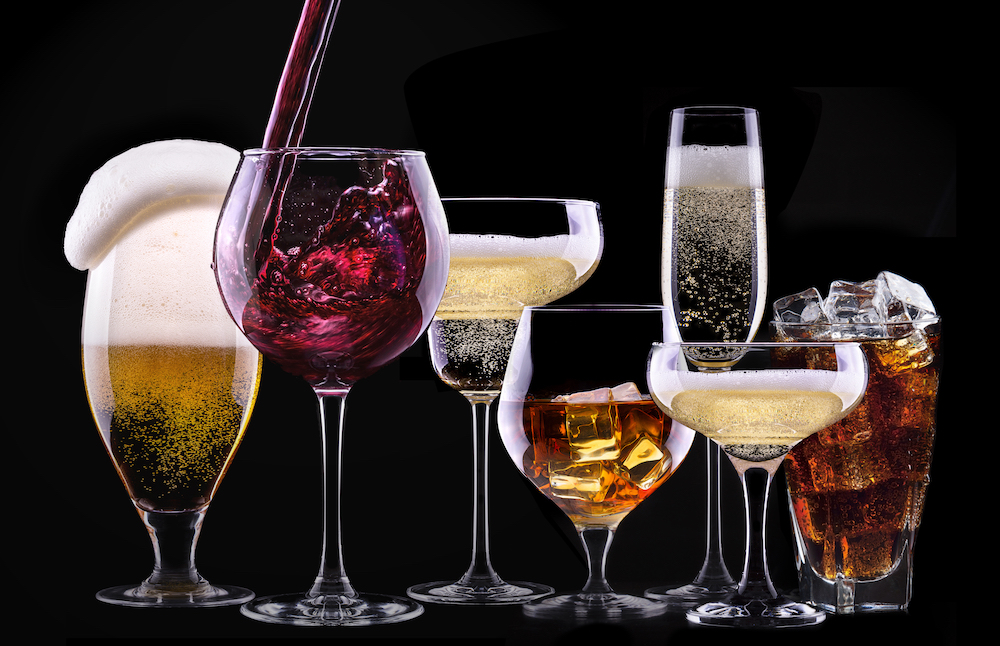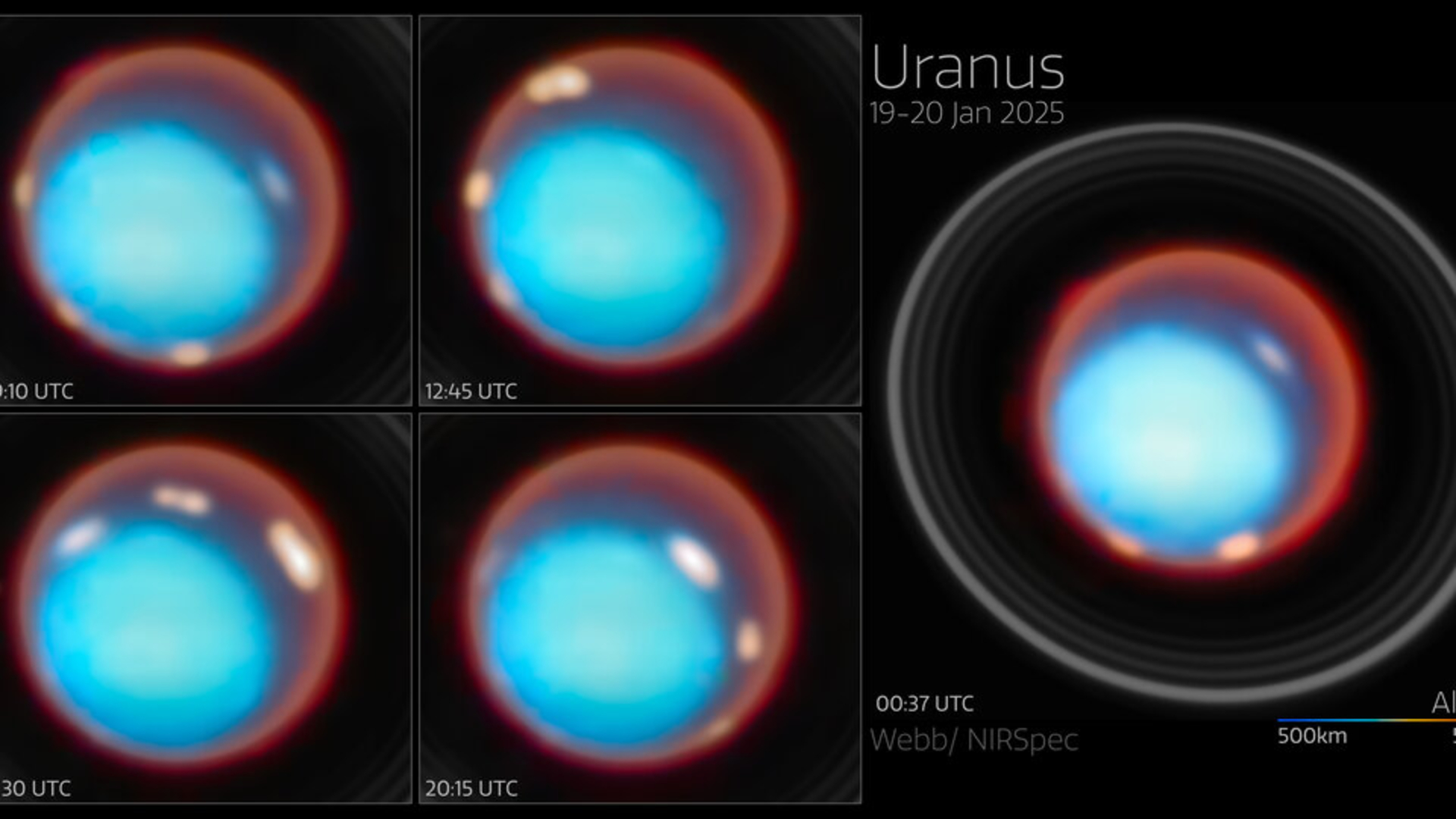Does Alcohol Really 'Clean' the Brain?

Get the world’s most fascinating discoveries delivered straight to your inbox.
You are now subscribed
Your newsletter sign-up was successful
Want to add more newsletters?

Delivered Daily
Daily Newsletter
Sign up for the latest discoveries, groundbreaking research and fascinating breakthroughs that impact you and the wider world direct to your inbox.

Once a week
Life's Little Mysteries
Feed your curiosity with an exclusive mystery every week, solved with science and delivered direct to your inbox before it's seen anywhere else.

Once a week
How It Works
Sign up to our free science & technology newsletter for your weekly fix of fascinating articles, quick quizzes, amazing images, and more

Delivered daily
Space.com Newsletter
Breaking space news, the latest updates on rocket launches, skywatching events and more!

Once a month
Watch This Space
Sign up to our monthly entertainment newsletter to keep up with all our coverage of the latest sci-fi and space movies, tv shows, games and books.

Once a week
Night Sky This Week
Discover this week's must-see night sky events, moon phases, and stunning astrophotos. Sign up for our skywatching newsletter and explore the universe with us!
Join the club
Get full access to premium articles, exclusive features and a growing list of member rewards.
Just in time for that after-work cold one, a bevy of headlines are promising that a little bit of booze won't kill you; in fact, it might "cleanse" your brain and reduce your risk of dementia.
So, what's the science behind this eyebrow-raising claim? Well, it's not necessarily as out-there as it sounds, but don't go on a liquor binge just yet. The research was done on mice, which metabolize alcohol differently than humans, and it shouldn't be taken as prescriptive, wrote the authors Friday (Feb. 2) in the journal Scientific Reports.
"Naturally, this study performed in mice should not be viewed as a recommendation for alcohol consumption guidelines in humans," wrote senior study author Maiken Nedergaard and her colleagues in the paper. Nedergaard is a neuroscientist at the University of Copenhagen's Center of Basic and Translational Neuroscience. [7 Ways Alcohol Affects Your Health]
Brain flush
Nedergaard and her colleagues discovered in 2012 that the cerebral spinal fluid (CSF) that surrounds the brain and spinal cord isn't just a cushion against shocks. It also actively flushes away waste products, including the protein amyloid β, which is frequently found in abnormal clumps in the brains of people with Alzheimer's. The researchers dubbed this cerebral garbage disposal the "glymphatic system."
Meanwhile, research on alcohol and the brain has shown clearly that chronic, heavy drinking is a very dangerous activity. According to the Centers for Disease Control and Prevention (CDC), long-term heavy alcohol use has been linked to conditions ranging from cancer to heart disease to dementia.
But as any connoisseur of health news can attest, there are also multiple studies finding that small amounts of alcohol — say, a 5-ounce glass of wine a day — might be linked to a lower risk of many of those same conditions, including dementia, cardiovascular disease and many cancers. (Though even low amounts of alcohol consumption are linked to some cancers, especially breast cancer, a 2009 study published in the Journal of the National Cancer Institute found.)
Alcohol and the brain
To investigate that seeming paradox, Nedergaard and her colleagues studied the effect of alcohol on the glymphatic systems of mice. They dosed the animals with either low, medium or high levels of alcohol. The low dose was the equivalent of 2.6 drinks of alcohol for a 154-lb. (70 kilograms) person, with a drink defined as 5 ounces of wine with 12 percent alcohol, or 12 ounces of 5-percent-alcohol beer. The medium dose was the equivalent of 7.9 drinks for a 154-lb. person, and the high dose was 21 drinks. However, these body weight comparisons aren't quite accurate because they don't take into account that mouse metabolisms are faster than humans', Nedergaard told Newsweek.
Get the world’s most fascinating discoveries delivered straight to your inbox.
Although the findings don't easily translate to people, they do provide a potential explanation for why alcohol seems damaging in large quantities but potentially helpful in small doses. Using fluorescent substances injected into the mice's cerebral spinal fluid (the stuff found to wash away garbage), the researchers traced the CSF through the brain. They found that immediately after a single low dose of alcohol, the CSF flow increased by 40 percent. Medium and high doses, by contrast, decreased the flow of the CSF by around 30 percent. The decrease may occur because higher levels of alcohol temporarily lower the amount of blood the heart moves with each pump, and blood flow helps drive the CSF flow, the researchers wrote. [Inside the Brain: A Photo Journey Through Time]
To test the effects of chronic alcohol consumption, the researchers gave the mice low or medium doses of alcohol for 30 days straight. (They skipped the high doses, because those levels killed 40 percent of the mice in pilot studies.)
Twenty-four hours after the last dose of alcohol, mice that had been given low doses of alcohol showed 19 percent improvements in glymphatic function, or how well the CSF was flushing out waste, over mice that had been given plain saline as a control. Mice given medium doses saw their glymphatic function return to normal, but did not get any health boost.
In behavioral tests, mice given chronic low doses of alcohol were just as likely to explore new objects as mice given saline, the researchers found. However, mice given medium doses were less interested. Those findings suggested that low amounts of alcohol didn't damage learning and memory, but medium doses did. Mice given low doses of alcohol also showed less inflammation in their brains than mice not exposed to alcohol at all.
Drinking choices
These brain processes could explain why alcohol seems to protect against dementia in small amounts, because it appears to improve the brain's self-cleaning system, the researchers wrote.
In that sense, the findings provide new avenues for research that could help illuminate why alcohol has the health effects it does. But one animal study isn't enough to alter human health recommendations — which already give the OK to a little bit of booze each day. According to the Department of Health and Human Services (HHS) and the U.S. Department of Agriculture (UDSA) Dietary Guidelines for Americans, up to one drink a day for women and two drinks a day for men can be part of a healthy diet.
However, the guidelines warn, many mixed drinks and beer varieties contain more alcohol than the standard used in public health research, so the amount of actual beverage allowed each day may be disappointingly small.
Original article on Live Science.

Stephanie Pappas is a contributing writer for Live Science, covering topics ranging from geoscience to archaeology to the human brain and behavior. She was previously a senior writer for Live Science but is now a freelancer based in Denver, Colorado, and regularly contributes to Scientific American and The Monitor, the monthly magazine of the American Psychological Association. Stephanie received a bachelor's degree in psychology from the University of South Carolina and a graduate certificate in science communication from the University of California, Santa Cruz.
 Live Science Plus
Live Science Plus











